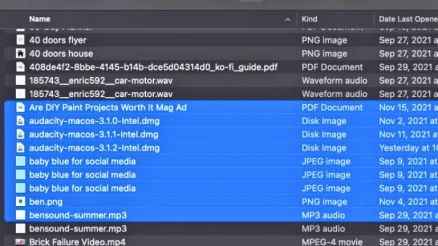Artificial Intelligence (AI) is advancing at a rapid pace, bringing forth an ever-growing ecosystem of powerful tools and platforms. Two notable solutions developed by Google Cloud are Vertex AI and Gemini. While they are often mentioned in the same conversations, these two serve different roles in the AI landscape. Understanding the differences between Vertex AI and Gemini is essential for businesses, developers, and AI enthusiasts looking to harness their potential effectively.
What is Vertex AI?
Vertex AI is Google Cloud’s integrated machine learning (ML) platform. It provides an end-to-end environment for developing, training, deploying, and monitoring ML models. Launched as a successor to AI Platform, Vertex AI brings together the tools needed to automate ML workflows into one seamless interface. It supports custom models, AutoML, and pre-trained APIs, making it a flexible choice for organizations of all sizes.
Key features of Vertex AI include:
- Unified interface for managing ML workflows.
- Integration with MLOps practices—supporting reproducibility and automated pipelines.
- Support for custom training and deployment on various compute environments.
- Built-in feature store, pipelines, and metadata tracking for effective model lifecycle management.
In simple terms, Vertex AI is a robust ML platform designed for developers and data scientists who need fine-grained control over their workflows.
[ai-img]vertex ai pipeline, machine learning workflow, cloud platform[/ai-img]
What is Gemini?
Gemini is Google’s family of multimodal generative AI models, developed by DeepMind and Google Research. It’s part of the next wave of large language models (LLMs), succeeding Google’s earlier models like Bard and PaLM. What sets Gemini apart is its capability to process and understand text, images, audio, video, and code natively, making it one of the most versatile AI models released to date.
Gemini offers:
- Multimodal understanding across various content types.
- Advanced reasoning and problem-solving capabilities.
- Capability to write and understand code in several languages.
- Access via API integration and through Google products like Bard, Search, and Workspace.
The Gemini models are aimed at a broader audience, including end-users interacting through consumer applications and developers leveraging AI through powerful APIs.
How Do They Differ?
At a glance, both Vertex AI and Gemini contribute to building and using modern AI solutions—but they do so from different angles. Here’s how they stack up:
| Feature | Vertex AI | Gemini |
|---|---|---|
| Purpose | End-to-end platform for ML model lifecycle management | Multimodal generative AI model for broad use |
| User Base | Data scientists, ML engineers | General developers, content creators, end-users |
| Modality Support | Text, structured data | Text, images, code, audio, video |
| Customization | High (custom training, AutoML) | Moderate (prompt engineering, fine-tuning options evolving) |
| Integration | Deployed in apps via APIs or GCP pipelines | Accessible via API or Google Workspace apps |
Where They Overlap
Despite their distinct purposes, Vertex AI and Gemini do intersect. Google has integrated Gemini into Vertex AI as one of the foundational models. This means developers using Vertex AI can access Gemini’s advanced capabilities as part of their toolset. Therefore, you can think of Gemini as a key ingredient within the larger Vertex AI platform when dealing with tasks requiring natural language or visual comprehension.
[ai-img]gemini ai model, generative ai, multimodal capabilities[/ai-img]
Choosing the Right Tool
When deciding between Vertex AI and Gemini, consider your use case:
- Use Vertex AI if you’re building, training, and managing machine learning models, especially for structured data predictions, computer vision, or when you require detailed workflow control.
- Use Gemini if you need a high-performing generative AI model to analyze text and images, generate code, or assist in creative applications like content generation or intelligent chat.
Conclusion
Both Vertex AI and Gemini are vital parts of Google’s vision for AI. While Gemini impresses with its natural language understanding and generative powers, Vertex AI remains the go-to suite for managing complex ML pipelines. By integrating Gemini into Vertex AI, Google has created a powerful synergy, allowing businesses and developers to innovate faster and more efficiently. Whether you’re training a model from scratch or leveraging generative AI to boost productivity, there’s a Google AI solution to support your journey.





